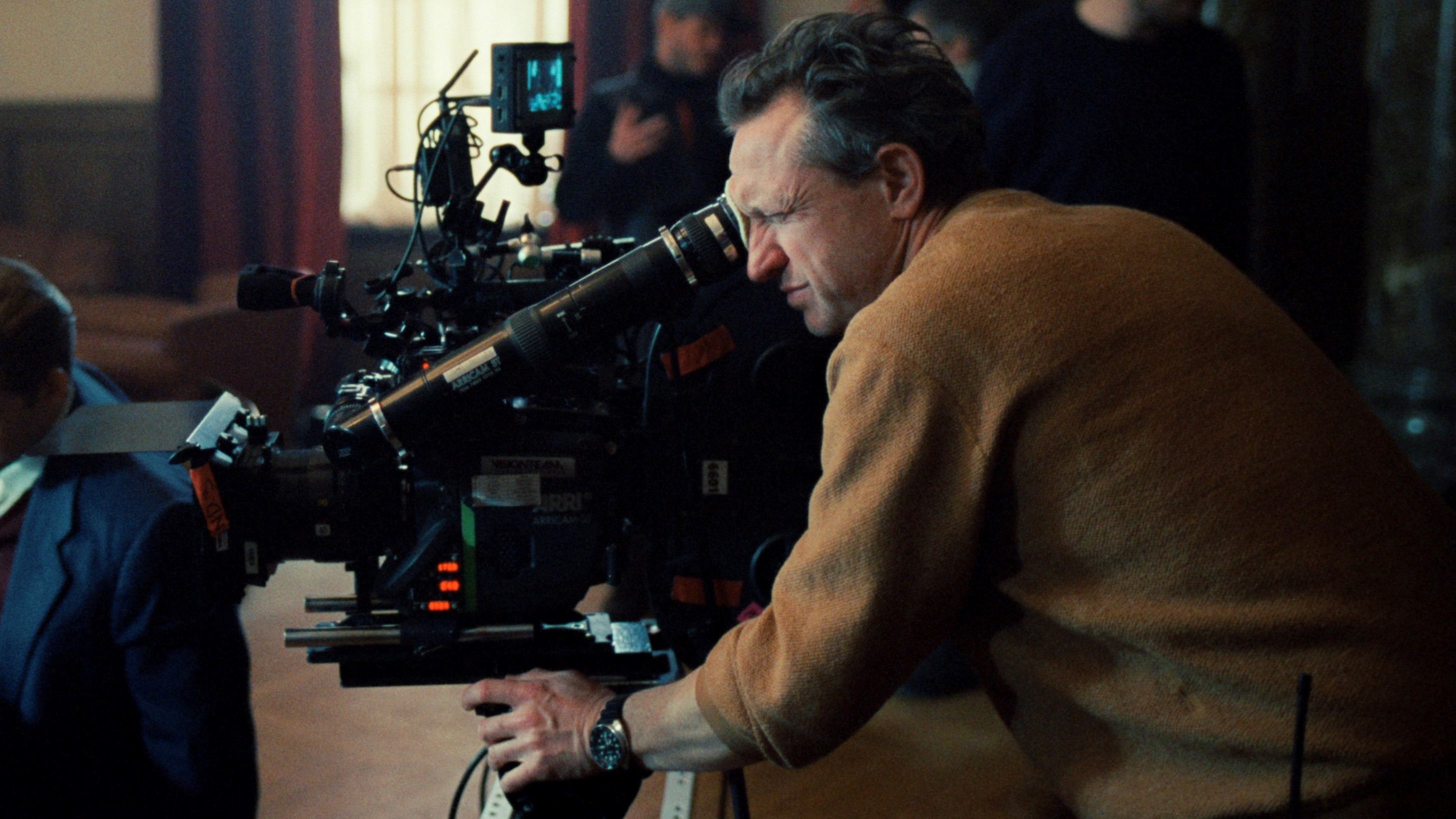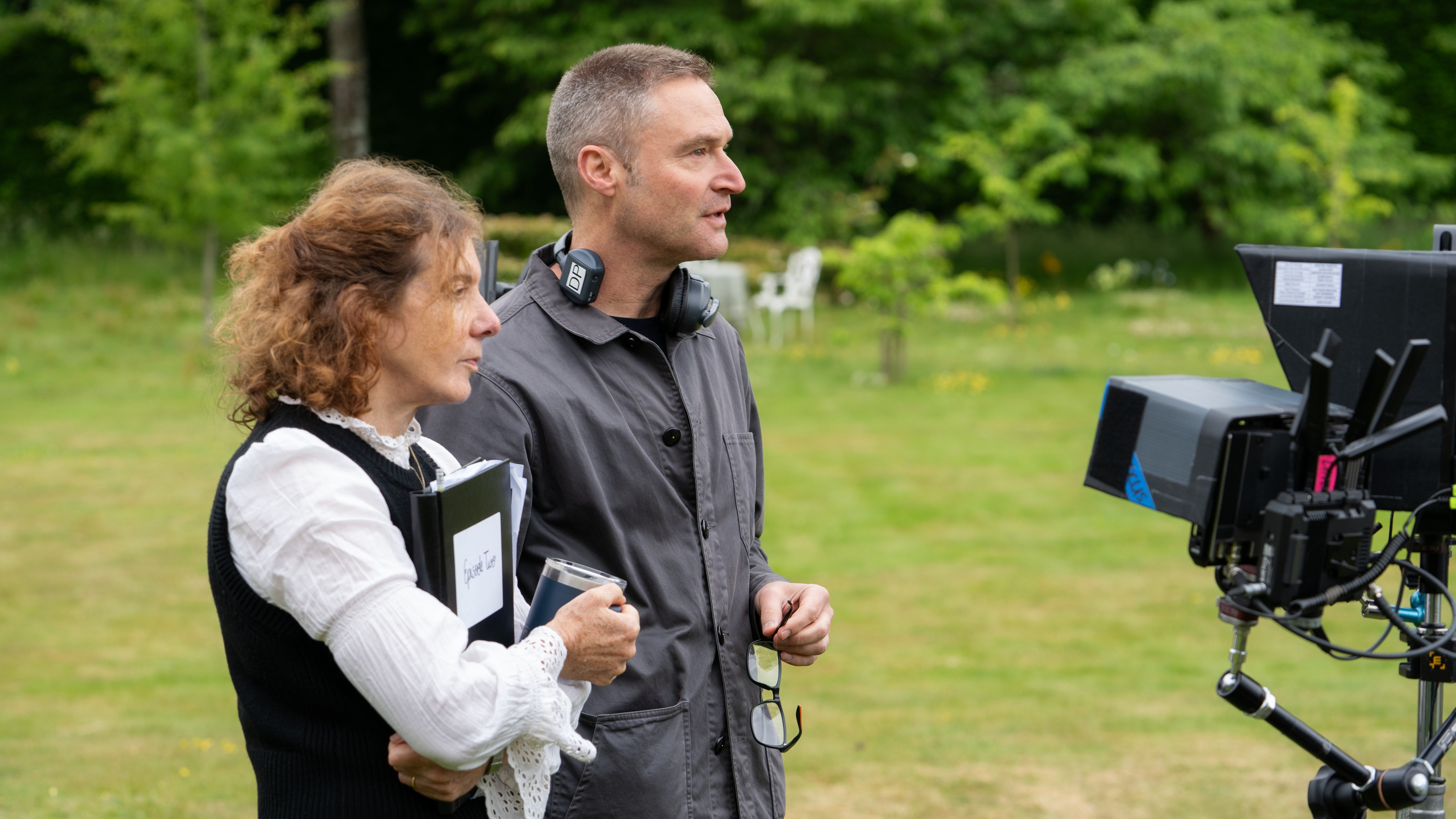Girls with money, men with power. A group of fun-loving young American girls explode into the stiff upper lipped London season of the 1870s, kicking off an Anglo-American culture clash in Apple TV series The Buccaneers, reports Adrian Pennington.
The ensuing drama is played out to a soundtrack featuring female musicians from Taylor Swift to Olivia Rodrigo. “There is the intent from ground zero to reinvent the genre and let it cut loose from the corset strings of period drama tropes,” said Oliver Curtis BSC (Netflix’s Stay Close) who helped design the show look and shot episodes 1 and 2 with director Susanna White (BBC’s Bleak House). “It’s about a collusion of attitudes and sensibility which, from a stylistic point of view, could take you in lots of different directions.”
Inspired by Edith Wharton’s unfinished final novel of the same name, from series creator Katherine Jakeways, the eight-part drama is produced by Forge Entertainment and stars Norwegian actresses Kristine Frøseth and Alisha Boe with Mia Threapleton and Christina Hendricks (Mad Men).
Curtis had not made a period drama since...
You are not signed in.
Only registered users can view this article.

Behind the scenes: The Brutalist
Cinematographer Lol Crawley finds the monumental visual language to capture an artform that is essentially static.

Behind the scenes: Bringing live deepfakes to the fore in Here
The breakthrough in the making of Here was not the authenticity of a de-aged Tom Hanks, but that the face-swapping technique could be achieved live on set.

Behind the Scenes: Disclaimer
For all the slippery perspectives in psychological thriller Disclaimer, the truth is lying in plain sight, explains Editor Adam Gough.
Behind the Scenes: Conclave
Mystery, suspense and a game of thrones in the Vatican lensed by cinematographer Stéphane Fontaine.
, Director Jon M. Chu, and Ariana Grande (as Glinda) on the set of Wicked.jpg)
Behind the Scenes: Wicked
Opposing colours in the same frame, 6000 lightning cues and shooting 17 sound stages - one the size of four American football fields, all merit why Wicked is the ‘latest hurrah to the golden days of epic studio filmmaking,’ writes Adrian Pennington.



